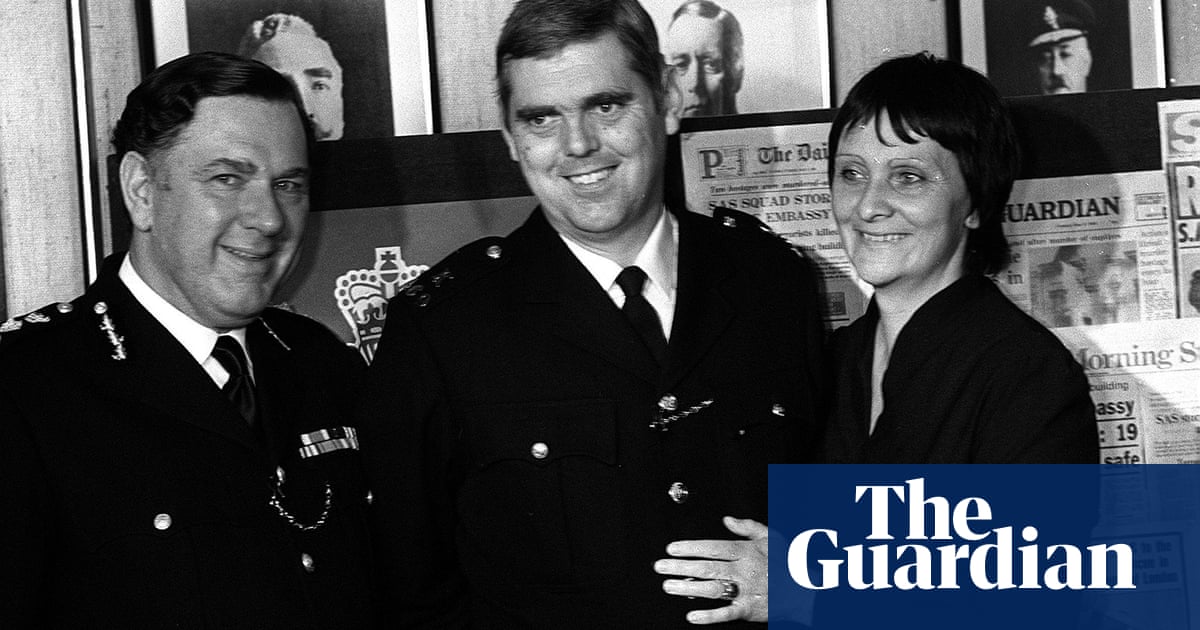Young people are more worried about their finances, work pressures and job insecurity than social media, the climate crisis and culture war debates, research shows.
The polling also challenges the simplistic characterisation of generational conflict, revealing that differences within gen Z, whether around class, education or gender, are often more pronounced than the differences between generations.
The research, from extensive polling of 16- to 29-year-olds for the UK Youth Poll 2025, published by Glasgow University’s John Smith Centre, also found many across the UK still believe in democracy but are worried about its future. There have widespread claims that young people favour authoritarian rule but democracy was backed over a dictatorship by 57% to 27%. However, young people agree that “democracy in the UK is in trouble” by 63% to 24%.
Nor are gen Z passive consumers of politics: three-quarters say they have taken part in some kind of political activity in the last 12 months.
The poll, carried out in partnership with Focaldata and supplemented by in-depth interviews, found the top three “biggest contributors to you feeling nervous, anxious or on edge” were financial worries (37%), work pressures (23%) and job insecurity or unemployment (20%), far ahead of social media (14%) and climate change (10%).
Eddie Barnes, the director of the John Smith Centre, which was set up by the family of the late Labour leader to encourage more young people to get involved in politics, said: “Older generations may fixate on things like social media but for young people what’s causing them anxiety is how do you get by, how do you get on the housing ladder?
“In the interviews that we did, young people were talking about how they are simply surviving until the end of the week. The idea of building a career was something for the future.”
The respondents still had strong feelings about social media – 67% said it should be banned for under-16s, compared with 28% who disagreed, while 67% said toxic masculinity was becoming more common compared with 21% who disagreed, and 42% agreed that feminism has done more harm than good, compared with 45% who disagreed.
Nearly three-quarters (73%) believed racism was a significant issue in British society and 51% agreed immigration had changed their communities for the better, as opposed to 32% who disagreed.
“Young people are aware that they’re living in very serious times,” said Barnes. “So they’re not dismissing so-called culture war issues as being unimportant, but they have more pressing matters that concern their daily lives. One of the most interesting things was how crime is far more important in terms of priorities than the environment.”
While the polling found that most young people occupied fluid, moderate political positions, it also highlighted an energised minority of young men on the right, who were the only segment that preferred dictatorship over democracy. This was also among the clearest internal divide, with 26% of young men reporting feeling warm toward Reform UK, compared with 15% of young women.
Gen Z is a “highly heterodox group”, the report concludes, whose views on politics, democracy and their own future vary hugely depending on their socioeconomic backgrounds.
While 70% of those working full-time are optimistic about their personal future, only 44% of those not in work share this view; 34% of young people with qualifications at degree level or above strongly believe their vote can help shape their local area compared with 19% of those without; only 21% of people in full-time work had done no political activity in the last 12 months, compared with 54% of those out of work long term.

 1 day ago
8
1 day ago
8













































